Seven years is a long time, as long as three of the four MNCs I used to work for in my 26 year career before HSS. I see things like Darwin sees evolution, something that volunteers with a couple of years at a stretch do not and cannot see.
[Read more…]20|20 VISION Calendar
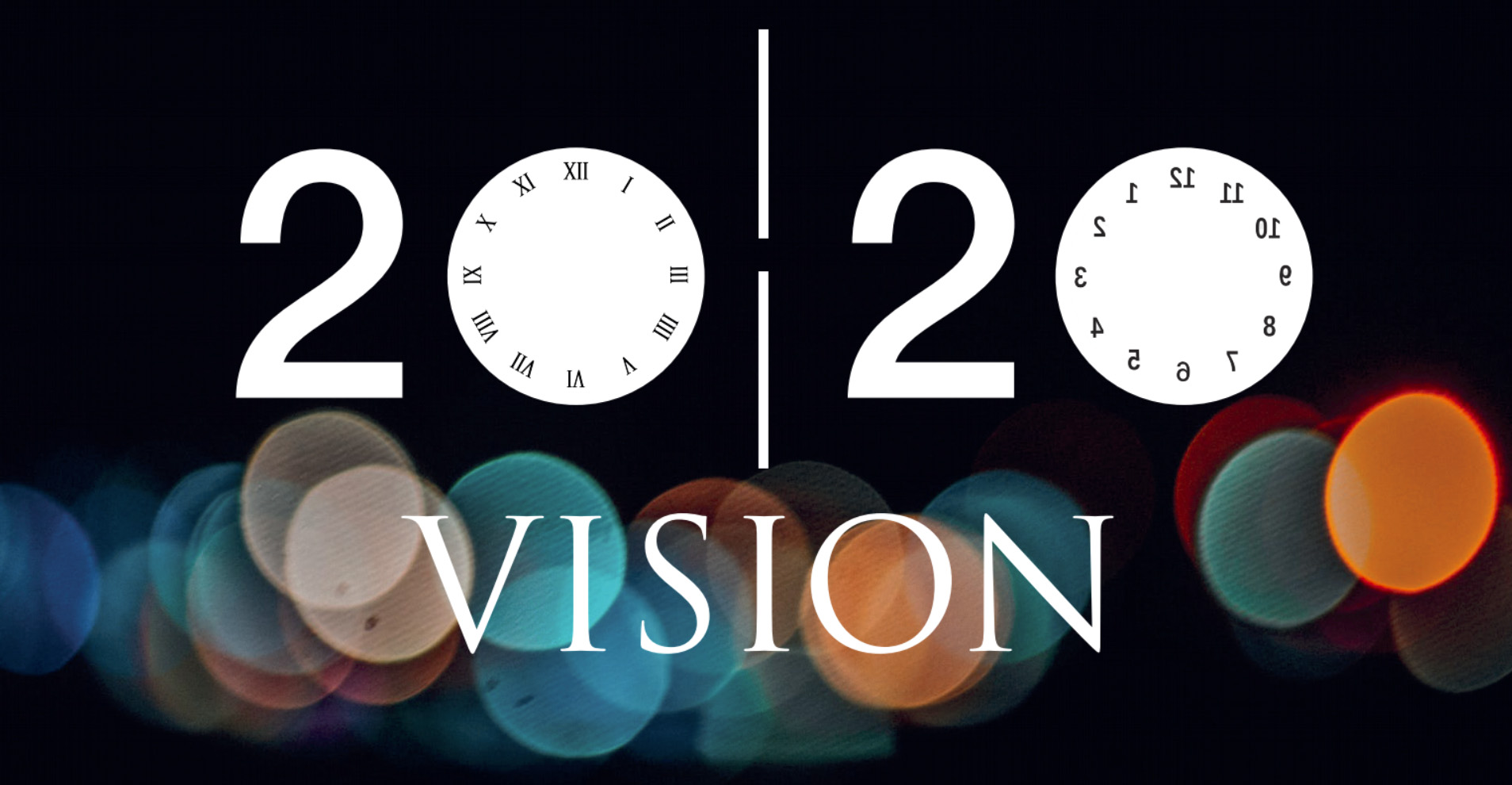

Based on the series of photographs taken by TattSi (the Society’s current president), the A5-size desktop calendars will be sold at S$30 each, 50% going to Limitless- ZDKF, and 50% to HSS, to help both organizations do good for the community. For Singapore mail orders , there will be a surcharge of $2.50, to cover stationeries , postage and logistics.
How to buy :
(1) Pay to our UOB A/C# 373-302-759-0 , or through PayPal to info@humanist.org.sg
(2) Send an email to services@humanist.org.sg , to inform us of the payment and the way to receive your calendar.
(3) You can also specify if you want the photographer to autograph on it.
Limitless (UEN 201713769M) is a non-profit organisation that helps youths build hope, find worth, and live destiny-driven lives. Through Limitless, the Zen Dylan Koh Fund (ZDKF) was set up to help at-risk youths deal with poverty, mental illness, social inequality and bullying.
Get your 20|20 VISION Calendar now, and begin to help youths who need support !
(20|20 VISION is a personal project, not an HSS merchandise, but benefits both HSS & Limitless-ZDKF)
Reply to Mothership : Religious Refugees
(This open letter was published on 29th September 2019, on HSS Facebook page)
Thanking mothership.sg for its article on Closeted Ex-Muslims
The Humanist Society Singapore (HSS) would like to thank mothership.sg. for bringing up the plight of the invisible class of religious refugees in Singapore, in its 22nd September 2019 online article <Despite rising numbers of atheistic Singaporeans, this ex-Muslim remains closeted >.
[Read more…]Event summary: Asian Humanism Conference 2019
Introduction
After a gap of four years, the annual Asian Humanism Conference returned to Singapore in 2019. Whereas previous conferences focused on humanism, on the public day of this year’s conference, 6 July 2019, the exploration of relations between communities with different belief systems took a central role.
[Read more…]HSS’ most viewed Facebook posts
In 2015, we have compiled a list of our most viral posts on Facebook, as part of efforts to understand the humanist community better. Here’s a second round of compilation, based on the number of views per post.
[Read more…]ANNUAL GENERAL MEETING 2019
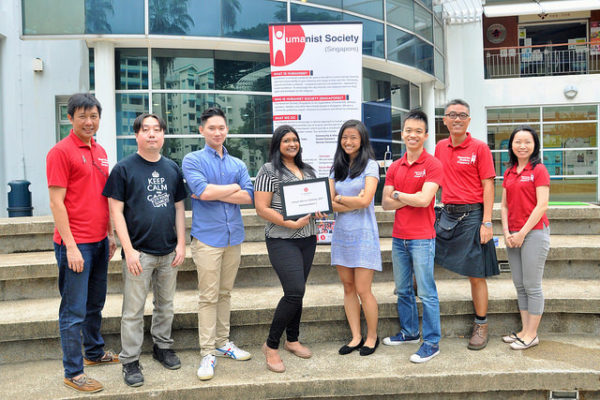
Date
16/03/2019 (Saturday)
Time
To Be Confirmed
Location
OnePeople.SG 381 Lorong 1 Toa Payoh S319758
- Introduction by President
- Events and Activities in 2017/18
- Press and media coverage in 2017/18
- Auditor and Treasurer’s report
- Election of New committee members
- Vice-President (Open to members of the society for a minimum of 1 year and must be a Singaporean citizen / permanent resident)
- Secretary (Open to members of the society for a minimum of 1 year and must be a Singaporean citizen / permanent resident)
- Assistant Secretary (Open to members of the society for a minimum of 6 months)
- Committee Member (Open to members of the society for a minimum of 6 months)
Names for the above offices shall be proposed and seconded in writing and submitted to the Secretary not more than two months (after 15 Jan 2019) and not less than one month before (by 15 Feb 2019) the Annual General Meeting. The term of office of any member of the Committee is two years. (Section 9.1.1 https://humanist.org.sg/about/our-constitution/)
To attend the AGM, you must be a member of HumanistSG. You can sign up https://humanist.org.sg/membership-faq/membership/ on the day of the AGM or renew your membership to attend the AGM.
HSS Letter to Singaporeans for Festivus
Do not monopolise December for yourself, NCCS. This letter is in response to the one NCCS sent to STB about the ‘deeper meaning’ of this period in the year.
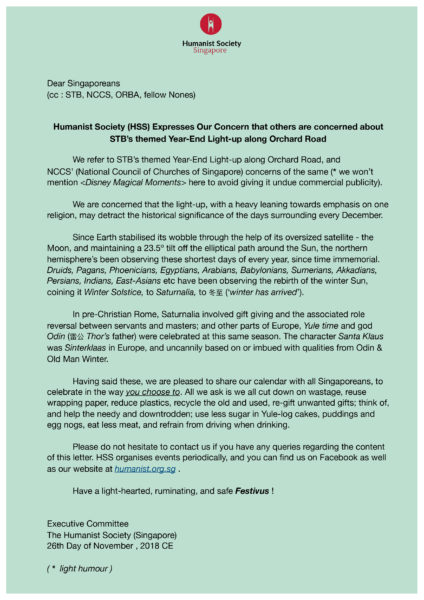
(Erratum : more appropriate translation of “冬至” , is “the dead of winter”, or “the middle of winter”. We thank our fans for helping correct this.)
Psychology Talk 3: Evolution, Human Nature and Morality
The last talk of three, was a great denouement to this very successful series.
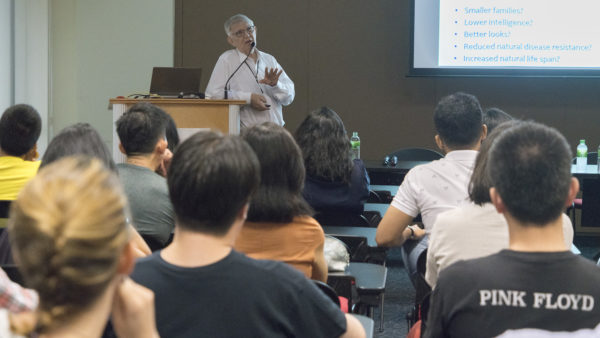 43 years after obtaining his doctorate, a number bigger than the age of most people in the room, Dr John Elliott was still visibly too energetic to retire. The topic was built up by the other two sessions the fortnights before, and while the audience was mostly agreeable, some did not attend the other two talks, and they were all keen thinkers.
43 years after obtaining his doctorate, a number bigger than the age of most people in the room, Dr John Elliott was still visibly too energetic to retire. The topic was built up by the other two sessions the fortnights before, and while the audience was mostly agreeable, some did not attend the other two talks, and they were all keen thinkers.
It was a presentation suitable for many, a touch of biology : of Darwin & Wallace’s Evolution by Natural Selection, and using evidence to arrive at a feel good acceptance of it. The apparent gaps in the evolution theory, and how detractors argue the fallacy of more gaps left & right of newly discovered missing link, were also exposed.
In the natural world, there is a progression of complexity, from physics, to chemistry, to biochem, to biology, and psychology. The further we move along that line, the more uncertainty we get when it comes to predicting ‘behaviours’. No longer are we only restricted to the inanimate, we deal with lifeforms with decisions, made out of free will or apparent free will, in a consciousness defined or ill-defined. The bottomline, that while one hypothesis may not explain all behaviours, there lies an underlying thread, that is built upon a programming code that had been gradually altered over the passage of time – of genes & memes.
The ways religions attempted to monopolise morality, as it tried to with the Creation narrative even with the advancement of science, were also explored, leading Dr Elliott to conclude this at the end : We don’t have morality because we have religion – we have religion because we are naturally moral creatures. When the boundary conditions are almost boundless, we have to begin to look at choices, and how a society wants to live, vis-s-vis the individual needs.
The session was well capped off by the great questions offered by a few from the audience at the end. They ranged from the evolutionary emergence of homosexuality, the psychopathic leaders in societies, and of science versus law.

HSS wishes to thank Dr Tim Bunn, Dr Ronald Ng and Dr John Elliott , for their great contribution to this science series, most definitely the first of many to come. It is clear they were subject matter experts, yet humble in the way of the scientific method.
We also thank NLB, for their sponsorship of the great facility. We had a few library walk in participants , and they were able to tune into the session without cost. We hope to bring more such talks to the public, more frequently, and at more accessible time slots.
Humanists Support Key Stakeholders’ call for the repeal of S377A
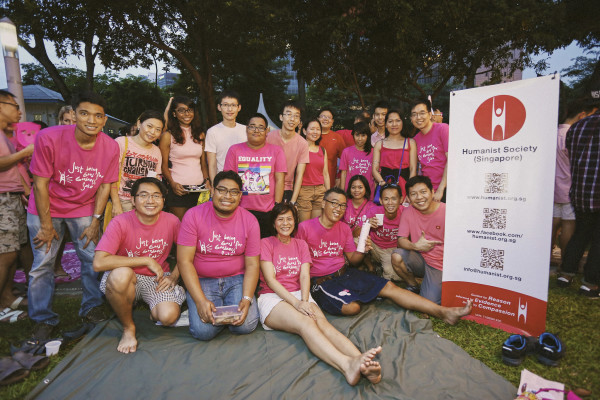
We, the Humanist Society of Singapore, support the key stakeholders’ call for repeal of S377A.
Singapore is not a theocracy – we are a secular state, because no one religion should rule the country. It is also this, and choice, that freedom of religion is important. But little do people question that at the heart of freedom of religion, is the fundamental premise of freedom from religion, without which one cannot leave, or switch religions. If there is no middle ground where not having a religion is the no-mans-land, people can never take a breather before considering whether to subscribe to another religion, or stay a clean slate.
Freedom of religion, and freedom from religion, dictate that no one needs to live by a dogmatic set of rules specific to religions or traditions that belong to another person’s belief system. Religions and millennia-old traditions must learn their place in not foisting their Iron Age dogma on others who want to live their lives differently while not harming others. Society must gradually turn its policies to protecting all, regardless of age, gender, gender identity, language, race, religion, sexual orientation, or social economic class.
In law and in life, gods cannot be called to the witness dock, and interpretation of gods’ will will always be subjective and often be agenda laden, so these readings cannot be taken one way or another. Laws are made by humans for humans, in a society we want to forge, and laws can change when our society wants to change. Laws must also be fair and equal, which S377A failed miserably on both accounts.
As for the hereafter, let the gods decide, not the religionists, nor traditionalists.
As long as there are two sides of an issue and one being the status quo, it will always be seen to be political, for there will always be two forces at play, each trying to assert its influence. It will not be helpful for society if acts are labeled sins and performers sinners. Perhaps it is why it has been easy, so far, to affix the label of criminal to people performing acts not in line with one’s own beliefs. Laws should not be made where we stigmatise people first, and rally around an anachronistic to some, contemporary to others, yet unenforced law to keep the same in their places.
Belief systems are personal, so let’s not apply universal rules for others to strictly abide as well.
No red herrings. No slippery slope. No sign posting. No unenforced laws. No dogma. S377A be gone.
Humanist Society of Singapore was formed in 2010, in the aftermath of AWARE saga, with the guiding principle of speaking reason and giving our helping, compassionate hands to the downtrodden, and the nones. Many of us believe that this is the only life we have, and we choose to live and let live, and focus on the bigger things : caring for our progeny , better treatments of our earthly cousins – the other animals, and the protection and sustainability of the only home we know – Earth.
Report : Psychology Talk’s first proceedings
Dr Tim Bunn’s presentation of “Can Neuroscience solve the problem of Consciousness”, kicked off the HSS Psychology Talk fortnightly series yesterday.
It was difficult and arduous at first, for a mind to contemplate understanding the mind itself, and Tim did not make it easier, by saying he could only attempt to correctly summarise the thinkings of the other philosophers and neuroscientists.
From Descartes , to Chalmers, Dan Dennett, Dehaene, Graziano, Tononi, Greenfield and eventually Damasio, Tim brought to the table his understanding of and confusions with models proposed by these great minds.
Questions were taken every step of the way, and it was clear to see they were questions seeking some kind of ‘exact-science’, and clean-cut certainty answers. The answers from Tim, however, were never overtly definitive, and we later found out why.

Tim’s valiant attempt to present the work of more than 7 philosophers/neuroscientists within 3 hours left us breathlessly trying to digest a dazzling variety of metaphors, models and conclusions. He took us onto the next one, and the next, and the next. The relentless effort to continue to plough the hard field, to some may seem tiring and pointless, but after a few of these transitions, it was inevitable that the human brains in the room found a pattern : all philosophers and neuroscientists are trying to define the mechanism and define in their own words what consciousness is.
Tim’s conclusion at the very end, using Dehaene’s flipping of Chalmers’ postulation of hard and easy questions, was brilliant, with a deja vu of how psychology experiments are sometimes conducted : tell the participant something different, to throw them off what the experiment was really trying to find out.
If hard things are easy to accomplish, they won’t be challenging nor fulfilling things anymore. By teaching our own brain to analyze our own mind, this isn’t a simple task – in fact more difficult than any person grudgingly admitting his/her strong opinions may be wrong.
Deceptions/illusions and differences are really two very big characteristics of human learning and understanding. They are in our nature, but the descriptors used, to cause us to be ‘self-aware’ , are still very fluid and intangible. We should continue to explore these, while using humanistic ideals of directing our paths in search of certainty, to lead our shared lives, and understand that certitude can be an attitude that can sometimes stifle curiosity & learnings.
It was well worth the $10/$15 alone for the ‘book reviews’ Tim gave, of books written by the scientists and philosophers; and the journey Tim took us on was one that was well-guided, and not a spoon-fed one. If we truly are conscious only a small fraction of our activities and unconscious the rest, I’d say it was well worth the money for the conscious mind being challenged. And the avalanche of thinking it triggered off – priceless.
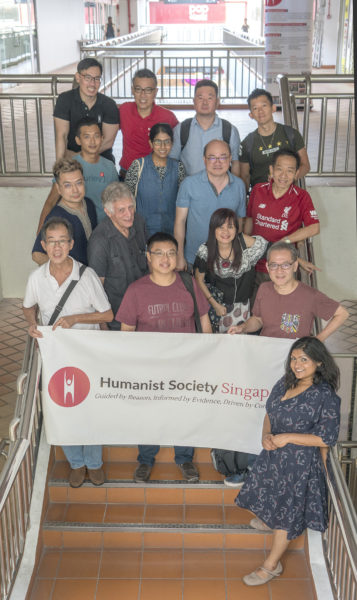
Some stayed for photos.
The next talk, “Agent-based Modelling & Game Theory”, by Dr Ronald Ng, is on 13 October 2018 (Saturday), 2-5pm.




